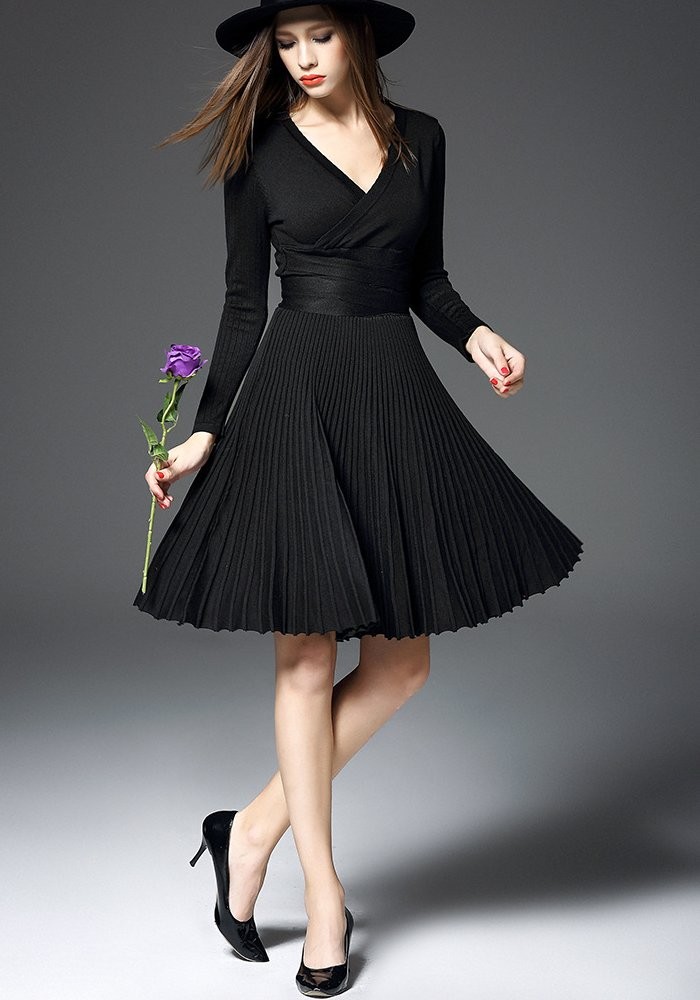
noun, plural la·dies.
- a woman who is refined, polite, and well-spoken: She may be poor and have little education, but she’s a real lady.
- a woman of high social position or economic class: She was born a lady and found it hard to adjust to her reduced circumstances.
- any woman; female (sometimes used in combination): the lady who answered the phone; a saleslady.
- (used in direct address: usually offensive in the singular): Ladies and gentlemen, welcome. Lady, out of my way, please.
- wife: The ambassador and his lady arrived late.
- Slang. a female lover or steady companion.
- (initial capital letter) (in Great Britain) the proper title of any woman whose husband is higher in rank than baronet or knight, or who is the daughter of a nobleman not lower than an earl (although the title is given by courtesy also to the wives of baronets and knights).
- a woman who has proprietary rights or authority, as over a manor; female feudal superior.Compare lord(def 4).
- (initial capital letter) the Virgin Mary.
- a woman who is the object of chivalrous devotion.
- (usually initial capital letter)
- an attribute or abstraction personified as a woman; a designation of an allegorical figure as feminine: Lady Fortune; Lady Virtue.
- a title prefixed to the name of a goddess: Lady Venus.
adjective
- Sometimes Offensive. being a female: a lady reporter.
- of a lady; ladylike; feminine.
noun plural -dies
- a woman regarded as having the characteristics of a good family and high social position
-
- a polite name for a woman
- (as modifier)a lady doctor
- an informal name for wife
- lady of the house the female head of the household
- history a woman with proprietary rights and authority, as over a manorCompare lord (def. 3)
noun plural -dies
- (in Britain) a title of honour borne by various classes of women of the peerage
- my lady a term of address to holders of the title Lady, used esp by servants
- Our Lady a title of the Virgin Mary
- archaic an allegorical prefix for the personifications of certain qualitiesLady Luck
- mainly British the term of address by which certain positions of respect are prefaced when held by womenLady Chairman
n.c.1200, lafdi, lavede, from Old English hlæfdige “mistress of a household, wife of a lord,” literally “one who kneads bread,” from hlaf “bread” (see loaf) + -dige “maid,” related to dæge “maker of dough” (see dey (1); also compare lord). The medial -f- disappeared 14c. Not found outside English except where borrowed from it. Sense of “woman of superior position in society” is c.1200; “woman whose manners and sensibilities befit her for high rank in society” is from 1861 (ladylike in this sense is from 1580s, and ladily from c.1400). Meaning “woman as an object of chivalrous love” is from early 14c. Used commonly as an address to any woman since 1890s. Applied in Old English to the Holy Virgin, hence many extended usages in plant names, place names, etc., from genitive singular hlæfdigan, which in Middle English merged with the nominative, so that lady- often represents (Our) Lady’s; e.g. ladybug. Ladies’ man first recorded 1784. Lady of pleasure recorded from 1640s.
 Liberal Dictionary English Dictionary
Liberal Dictionary English Dictionary



